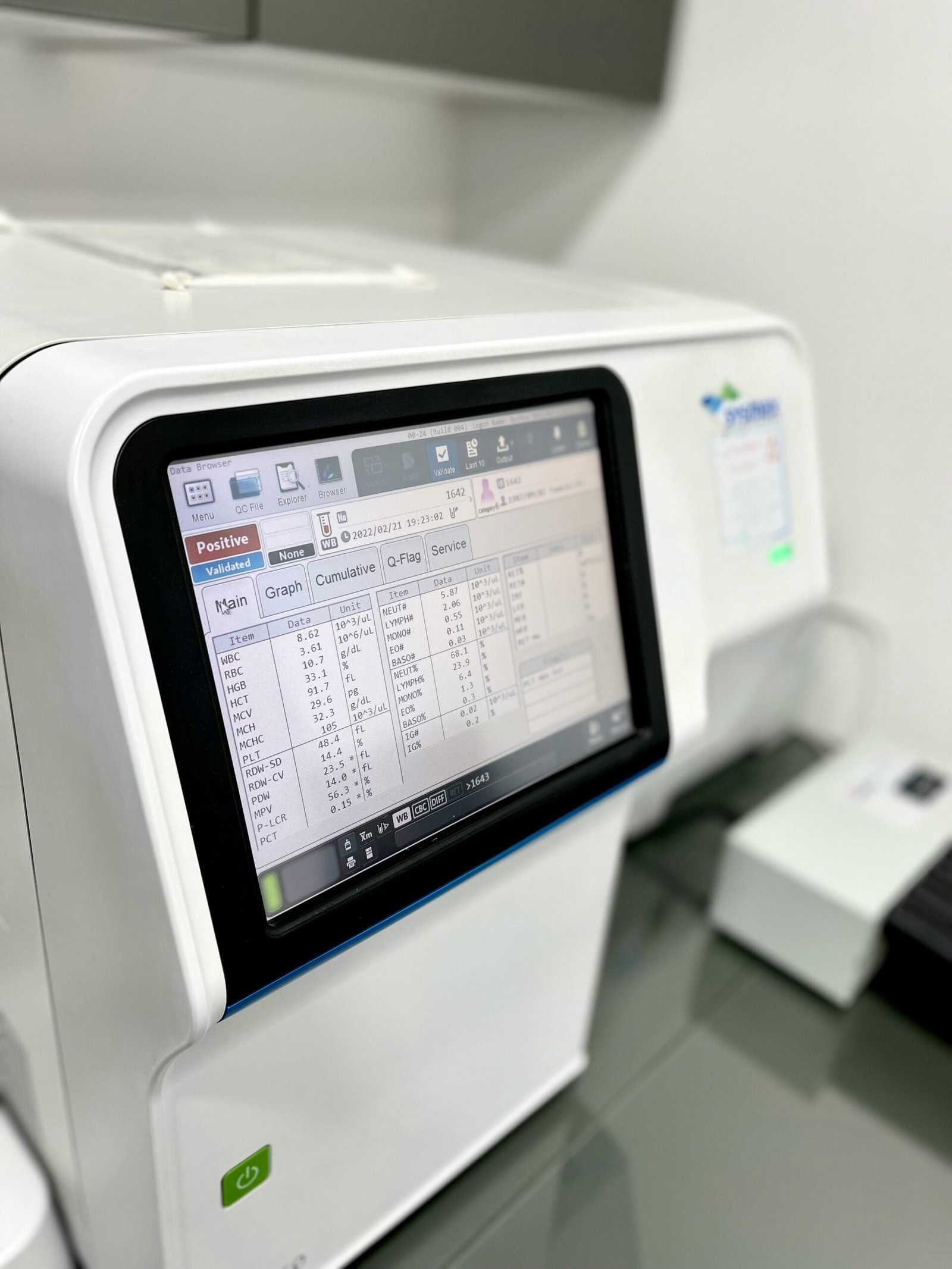Introduction to Personalized Medicine
Imagine a world where your healthcare is tailored just for you. A world where treatments are designed based on your unique genetic makeup, lifestyle choices, and personal preferences. This isn’t some far-off fantasy; it’s the reality of personalized medicine. As technology advances at lightning speed, so too does our ability to understand health on an individual level. Personalized medicines are not only transforming how we approach treatment but also enhancing the overall patient experience.
With each breakthrough, we’re uncovering new ways to ensure that medical care is more effective and accessible than ever before. The fusion of cutting-edge technology with personalized approaches promises a revolution in healthcare—one that prioritizes you as an individual rather than just another case number in a waiting room.
Join us on this journey as we explore how personalized medicine is reshaping the healthcare landscape and what it means for patients and providers alike.
Advancements in Technology and Healthcare
The intersection of technology and healthcare has transformed the way we approach patient care. Wearable devices now track vital signs in real-time, offering insights that were once unimaginable.
Telemedicine has reshaped access to healthcare. Patients can consult with specialists across the globe without leaving their homes. This convenience bridges gaps for those in underserved areas.
Artificial intelligence is another game-changer. Algorithms analyze vast amounts of data, leading to quicker diagnoses and tailored treatment plans. Machine learning helps predict disease outbreaks by monitoring patterns in health records.
Genomic sequencing has become more affordable, allowing for deeper understanding of individual genetic profiles. This information empowers personalized medicines that cater specifically to each patient’s unique biology.
In addition, blockchain technology enhances security and transparency when managing sensitive medical records. These advancements collectively pave the way for a more effective and responsive healthcare system.
How Personalized Medicine is Changing the Healthcare Landscape
Personalized medicine is reshaping how healthcare providers approach treatment. Instead of a one-size-fits-all strategy, doctors can now tailor therapies to individual patients based on their genetic makeup and lifestyle.
This shift allows for more precise diagnosis and targeted therapies. For example, cancer treatments are becoming increasingly specific, targeting unique tumor markers found in each patient’s DNA.
Additionally, the integration of wearable technology enables continuous monitoring of health metrics. This data helps clinicians adjust treatment plans promptly.
The accessibility of genomic testing has empowered patients to take charge of their health decisions. Understanding personal risk factors encourages proactive management rather than reactive measures.
With this transformation, healthcare becomes more collaborative. Providers work closely with patients to develop tailored strategies that promote better outcomes and increase satisfaction in care received.
Benefits of Personalized Medicine for Patients and Providers
Personalized medicine offers a tailored approach to treatment, enhancing patient outcomes significantly. By focusing on individual genetic profiles and health history, providers can select therapies that are more effective for specific conditions.
Patients often experience fewer side effects. When treatments align closely with their unique biology, adverse reactions decrease. This leads to higher satisfaction with care.
For healthcare providers, personalized medicine improves efficiency in prescribing medications and developing treatment plans. It enables them to identify the most promising interventions quickly.
Additionally, this approach fosters stronger relationships between patients and their healthcare teams. Patients feel more involved in their own care decisions when they understand how treatments relate to their personal health narratives.
Both parties benefit from improved communication and shared goals in managing health outcomes effectively.
Challenges and Limitations of Personalized Medicine
Personalized medicine offers incredible potential, but it also faces significant challenges. One major issue is the high cost of genomic testing and tailored treatments. Many patients may not afford these advanced options, limiting access to personalized care.
Data privacy concerns are another hurdle. With vast amounts of genetic information being collected, ensuring that this sensitive data remains secure is crucial. Patients worry about how their information might be used or shared without consent.
Additionally, there’s a lag in regulatory frameworks keeping pace with rapid advancements in technology. Regulations need to evolve to ensure safety while promoting innovation.
The complexity of human genetics can make it difficult for healthcare providers to interpret results accurately. Misinterpretation could lead to ineffective treatment plans and potentially harm patients rather than help them.
Future Possibilities for Personalized Medicine and Technology
The future of personalized medicines is incredibly promising. As technology continues to evolve, we can expect more sophisticated genetic profiling techniques. These advancements will enable healthcare providers to tailor treatments with precision.
Artificial intelligence plays a crucial role in this landscape. AI algorithms can analyze vast datasets, identifying patterns that humans might overlook. This capability could lead to breakthroughs in disease prevention and treatment strategies.
Wearable devices are another exciting development. They’re capable of monitoring health metrics in real-time, providing valuable insights into individual responses to therapies. This information allows for immediate adjustments to treatment plans.
Moreover, telemedicine integration will enhance access to specialized care. Patients can receive expert consultations from the comfort of their homes, ensuring that personalized approaches reach even the most remote areas.
With ongoing research and collaboration across disciplines, the potential for revolutionary changes in patient care through personalized medicine is limitless.
Conclusion
Personalized medicine represents a significant leap forward in healthcare. By tailoring treatments to individual patients based on their unique genetic makeup and lifestyle, we are moving towards a more effective and efficient way of managing health.
As technology continues to advance, the potential for personalized medicines only grows. Innovations in genomics, data analytics, and telemedicine pave the way for improved patient outcomes. This shift not only empowers patients but also enhances the capabilities of healthcare providers.
Despite its many benefits, challenges remain. Issues such as high costs, regulatory hurdles, and ethical considerations must be addressed to fully realize the promise of personalized medicine.
The future holds exciting possibilities where personalized medicines can lead to breakthroughs in treatment protocols and disease management strategies. As we navigate this evolving landscape, collaboration among researchers, clinicians, and patients will play a crucial role in shaping a healthier tomorrow.
The journey toward revolutionizing healthcare through personalized medicine is just beginning; it invites everyone involved—patients included—to partake actively in their own health journeys like never before.





